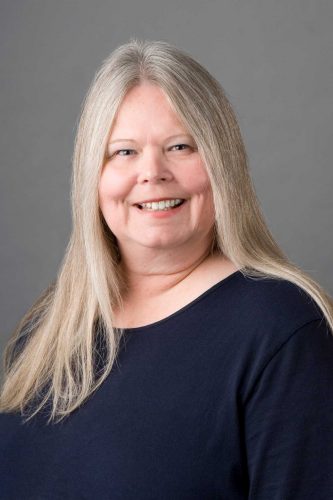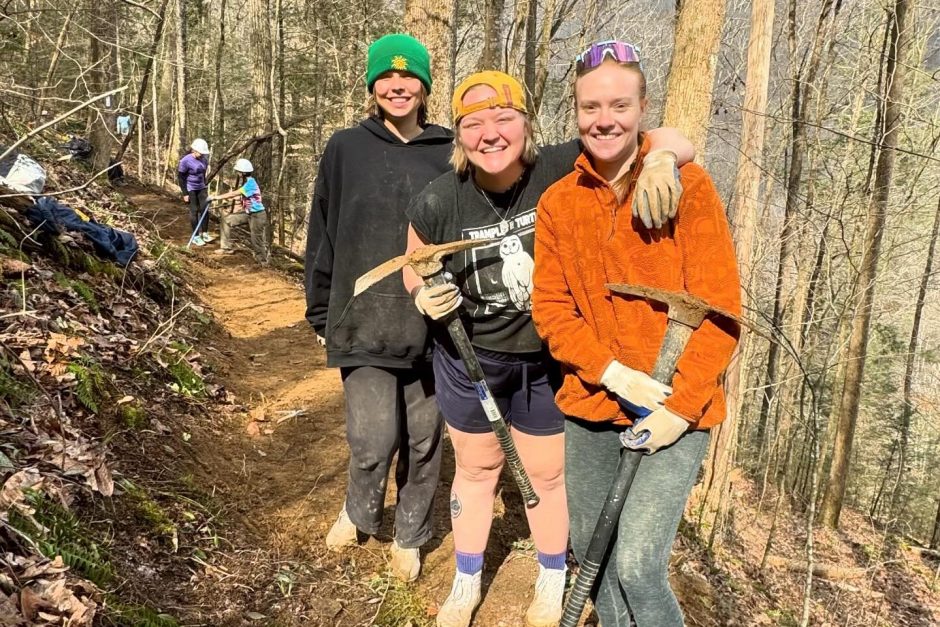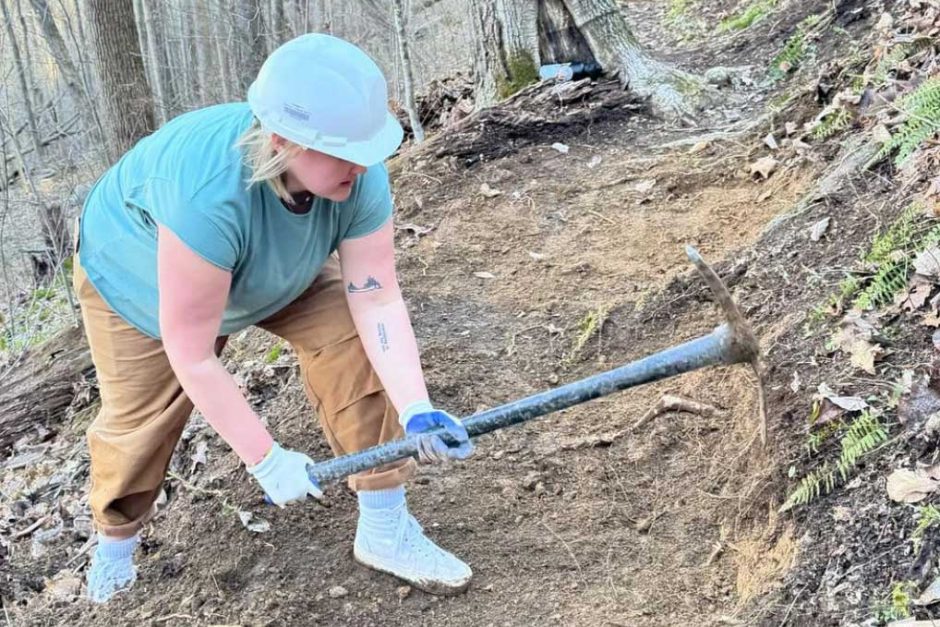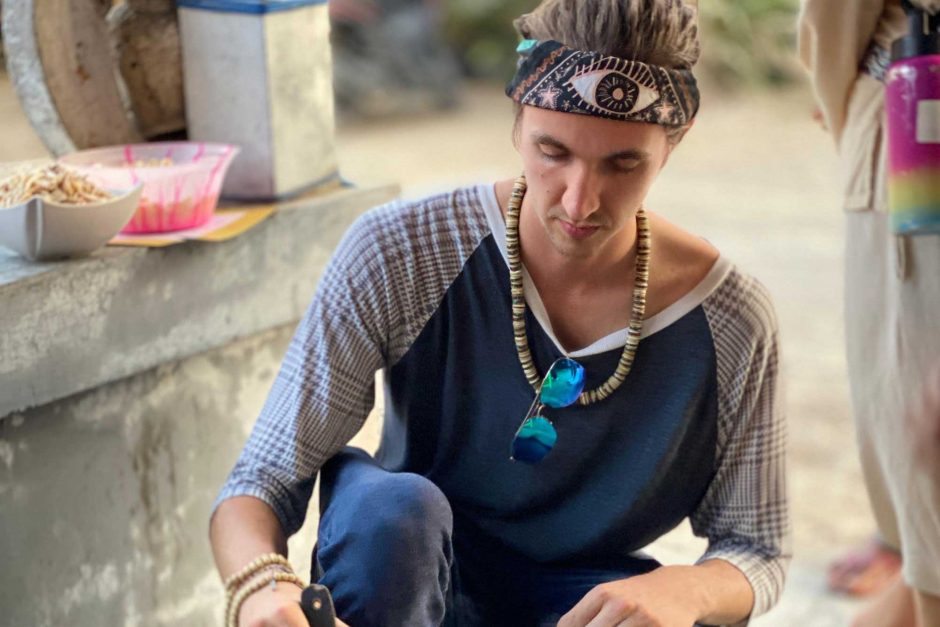One Course: American Indians: Culture, Activism, and Social Justice
Students in Professor of Sociology Mary Olson’s course look through myriad lenses in order to better understand American Indians—through the trifecta of sociological, cultural, and legal analysis. Olson makes sure the students hear the stories of Indigenous people as told by Indigenous people.

“There have been many ways we’ve misunderstood Indigenous people,” Olson says.“Let’s let them speak for themselves about what’s important to them.”
Olson and the students analyze treaty rights and attempt to understand the relationship contemporary tribal cultures have with local, state, and federal governments. They explore the nature of tribal self-determination and learn about current tribal activism efforts, such as controlling reservation development, protecting sacred environments, and preserving tribal cultures.
“The course provided crucial knowledge on the continuous stream of civil rights violations against American Indians throughout history, how tribal nations are moving forward and adapting to their sovereignty in the modern era, how tribal land is being environmentally misused and destroyed, and how each nation has vastly different needs,” says Natalie Bradshaw ’21. “Hopefully, we can get to a place of equality. I think an important step in that journey is to have classes like this one. It’s much better than a single paragraph in a history textbook.”
Olson’s course helps students understand the unique situation of American Indians living as sovereign nations within the exterior boundaries of the United States. The class opens with discussions of Indigenous ways of seeing the world and of their relationships within it—animals, fish, trees, or rocks—often understood to be elder brothers and sisters.
“In a culture where it is important to be generous, it is sometimes difficult to embrace the values of capitalism. American Indians take the long view,” Olson says. “They are planning for the seventh generation.”
In teaching this course, Olson is also planning for future generations. The passing on of knowledge, culture, and history to younger generations is essential to her life’s work as a researcher and educator.
Olson first took a course on Indigenous issues, American Indian Philosophy, in 1971 at the University of Wisconsin-Green Bay. Her research is focused on treaty fishing rights in the Pacific Northwest. River and estuary habitat is essential to healthy salmon fisheries that provide the tribes with the opportunity to exercise their treaty fishing rights.
She started teaching her course at Cornell College in the 1990s.



